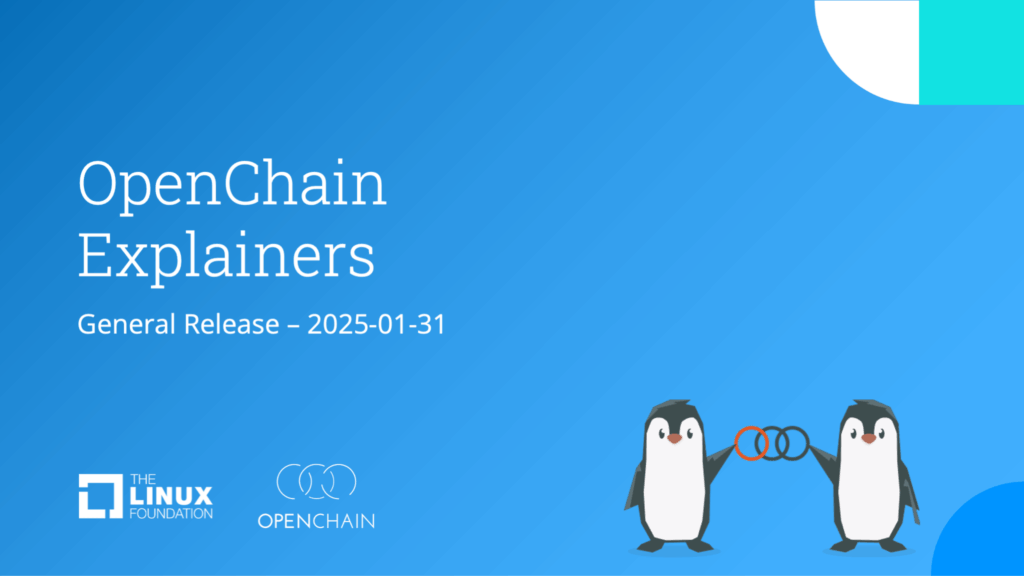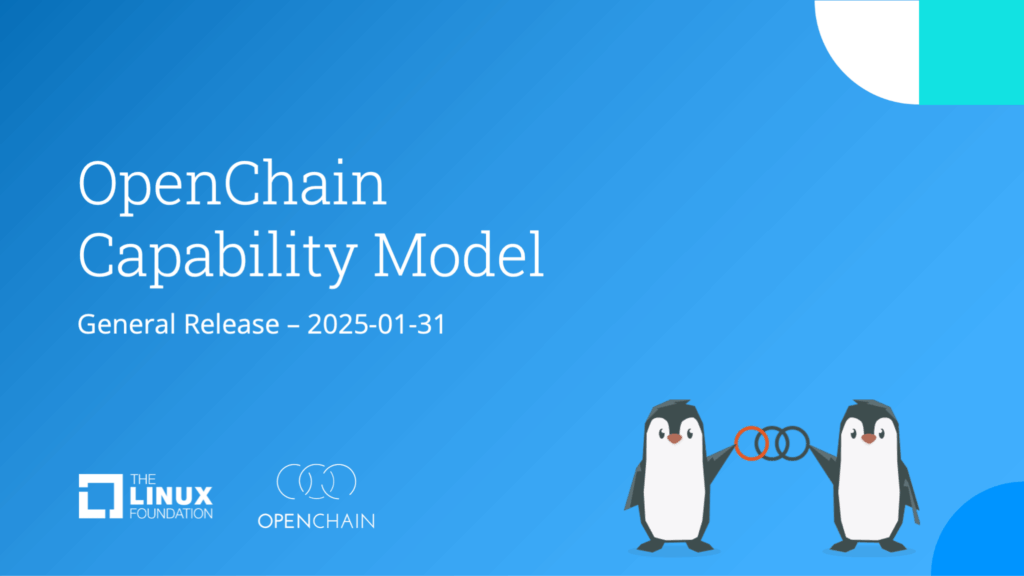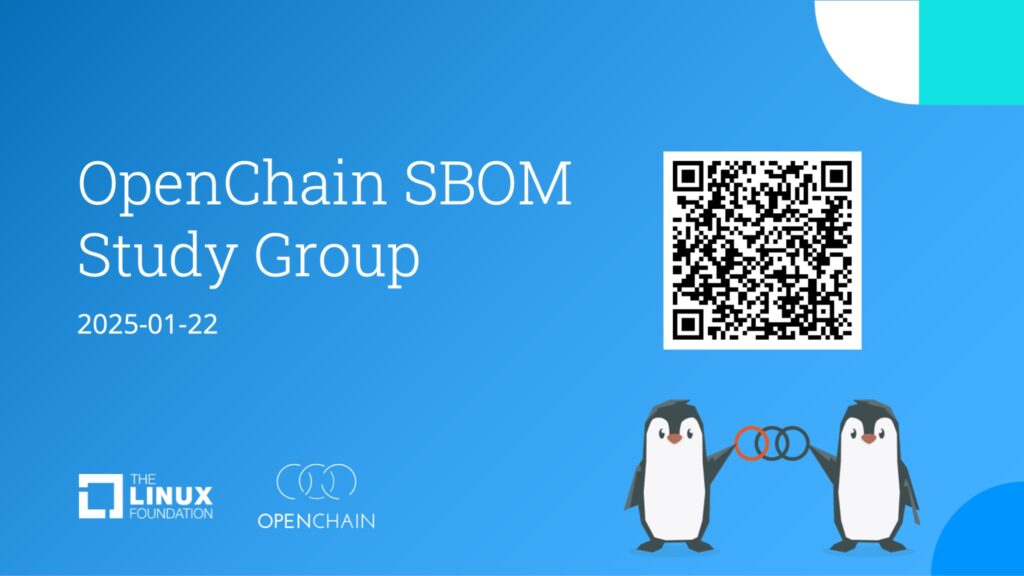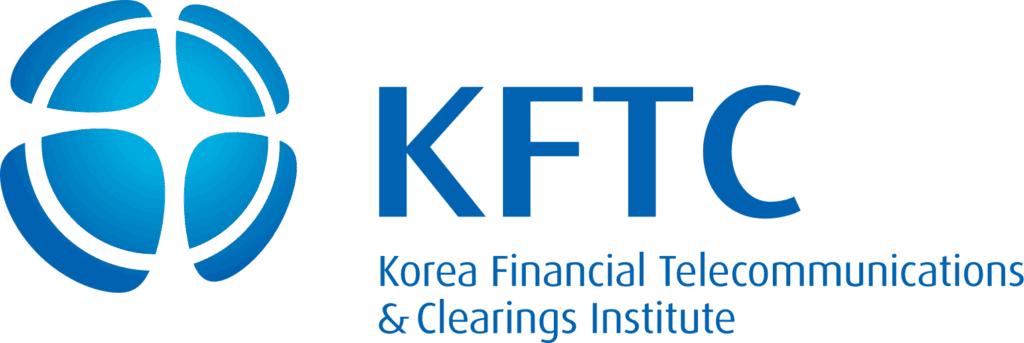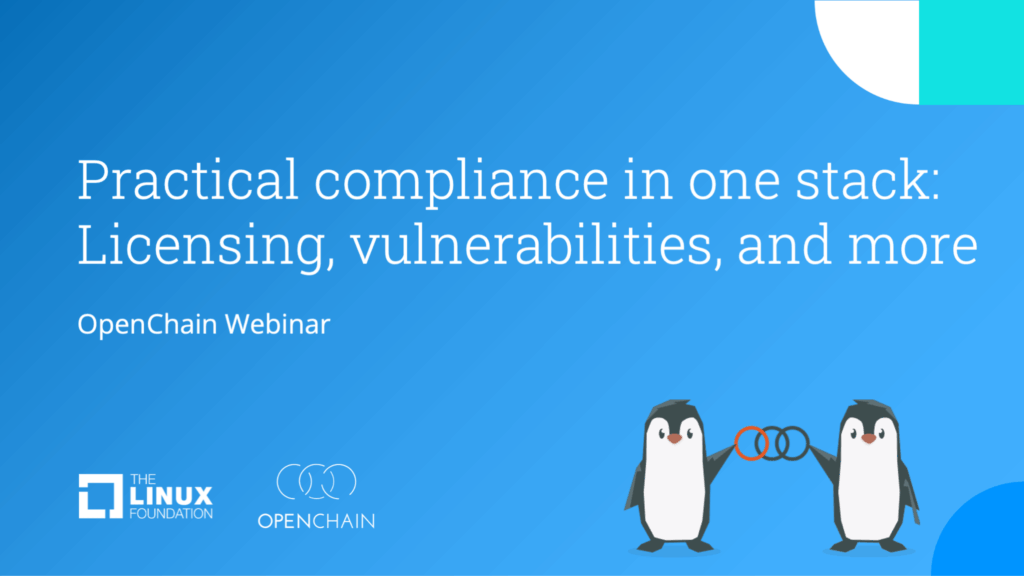
Netcore Cloud is the latest company to announce adoption of OpenChain ISO/IEC 18974, the international standard for open source security assurance.
“We are pleased to see a diversity of companies adopting ISO/IEC 18974,” says Shane Coughlan, OpenChain General Manager. “Our goal was always to create and support improved trust across the supply chain regardless of industry, and Netcore Cloud is an example of this in action. We look forward to next steps together in helping even more of the supply chain understand the need for and benefit of process standards for managing open source technology.”
About Netcore Cloud
Netcore Cloud is a global MarTech product company that helps B2C brands create amazing digital experiences with a range of products that help in acquisition, engagement, and retention. The first and leading AI/ML-powered marketing automation and customer engagement platform, Netcore Cloud was established in 1997 by Rajesh Jain, an internet pioneer. Today Netcore Cloud is revolutionizing the way marketing & product teams engage with the consumers.
Learn more at: https://netcorecloud.com/about-us/
About the OpenChain Project:
The OpenChain Project has an extensive global community of over 1,000 companies collaborating to make the supply chain quicker, more effective and more efficient. It maintains OpenChain ISO/IEC 5230, the international standard for open source license compliance programs and OpenChain ISO/IEC 18974, the industry standard for open source security assurance programs.
About The Linux Foundation:
The Linux Foundation is the world’s leading home for collaboration on open source software, hardware, standards, and data. Linux Foundation projects are critical to the world’s infrastructure, including Linux, Kubernetes, Node.js, ONAP, PyTorch, RISC-V, SPDX, OpenChain, and more. The Linux Foundation focuses on leveraging best practices and addressing the needs of contributors, users, and solution providers to create sustainable models for open collaboration. For more information, please visit us at linuxfoundation.org.
